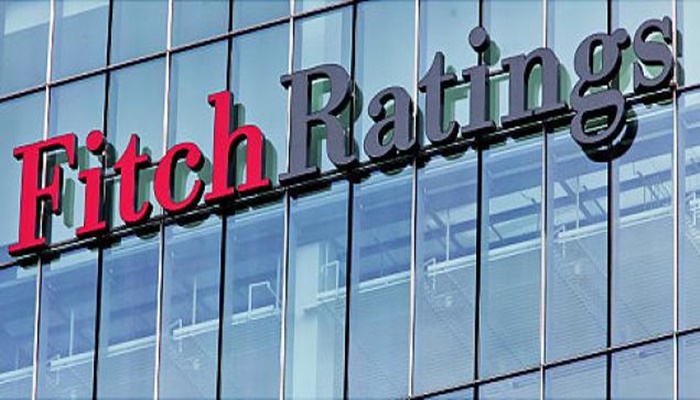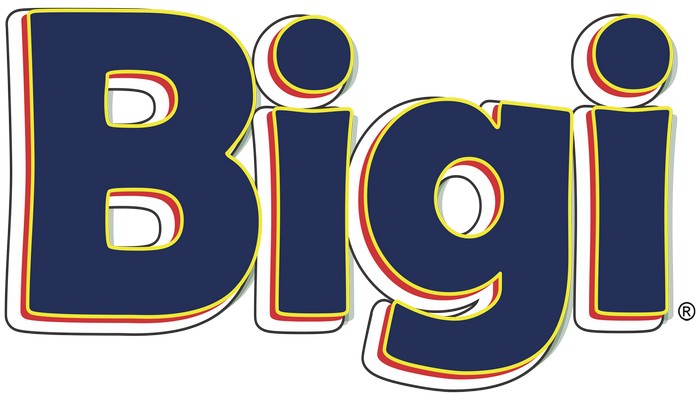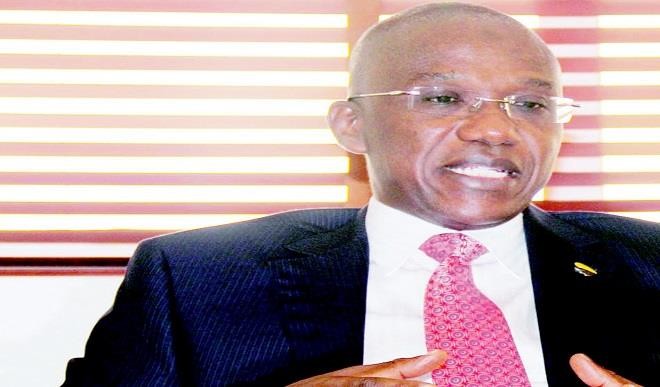
Fitch Ratings has stated that Nigeria’s ongoing energy sector reforms, including efforts to scale up renewable energy, are expected to help sustain a current account surplus over the medium term.
This outlook was shared in its latest sovereign rating release, in which Fitch upgraded Nigeria’s long-term foreign-currency Issuer Default Rating (IDR) to ‘B’ from ‘B-’, with a Stable Outlook.
It noted, “We anticipate a continued reduction in external vulnerabilities through further easing of domestic FC supply constraints, while renewed energy sector reforms should help sustain current account surpluses.”
According to the rating agency, the country’s external position is expected to remain positive, despite global headwinds, helped by improving oil output and gradual progress in diversifying exports.
Fitch also noted that Nigeria’s commitment to reforms in the energy space, including the ongoing overhaul of its oil and gas sector and increased investment in renewables, contributes to its positive external outlook. These developments, alongside increased exchange rate flexibility and the removal of fuel subsidies, are expected to support improved macroeconomic fundamentals and external resilience.
The Fitch outlook stands in contrast to JP Morgan’s recent assessment, which highlighted emerging risks from global trade dynamics. JP Morgan had earlier warned that the recent tariffs imposed by the United States, coupled with falling international oil prices, could reverse Nigeria’s current account surplus.
The US investment bank stated that a sustained drop in oil prices below Nigeria’s fiscal breakeven of $60 per barrel could drive the current account into deficit and push the naira beyond N1,700 per dollar.
“While Nigeria may well avoid a recession itself, the substantial decline in oil prices below its break-even of $60/bbl, if sustained for a few months, would push Nigeria’s current account balance into deficit,” JP Morgan stated in its latest report on frontier markets.
Although Fitch took a more moderate view of Nigeria’s external challenges, it also noted, “We project the current account surplus, estimated at 6.6% of GDP in 2024, to average 3.3% of GDP in 2025-2026.”






